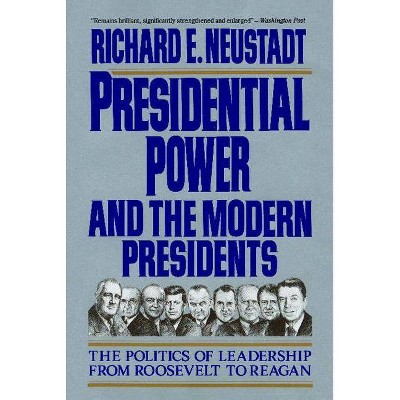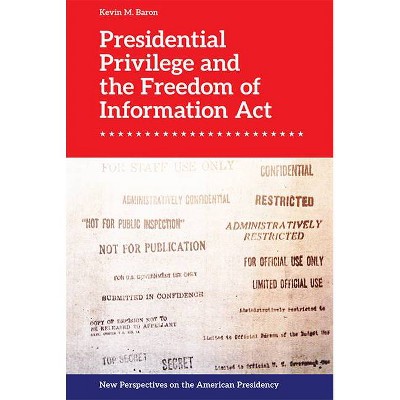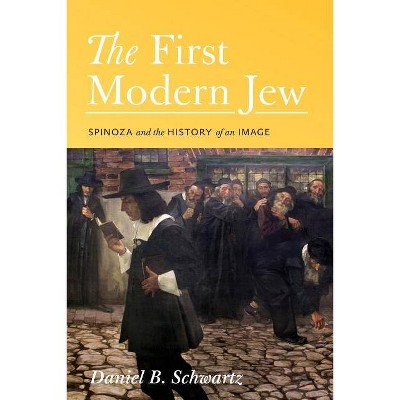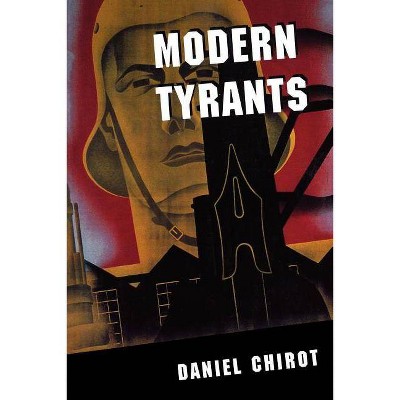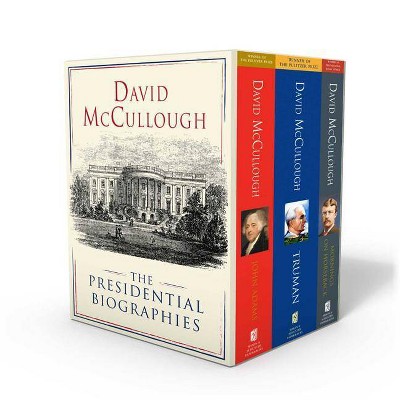Presidential Leverage - (Studies in the Modern Presidency) by Daniel E Ponder (Paperback)
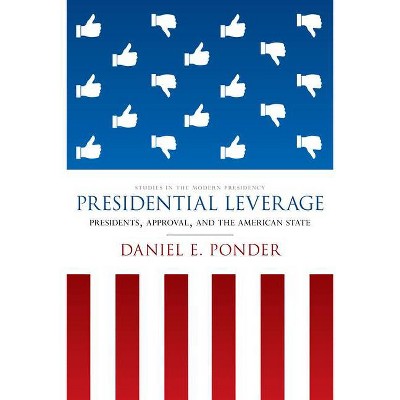
Similar Products
Products of same category from the store
AllProduct info
<p/><br></br><p><b> About the Book </b></p></br></br>This book explores how presidential approval, contextualized within the American state, shapes incentives and opportunities for presidents as they take action in American politics.<p/><br></br><p><b> Book Synopsis </b></p></br></br><p>For scholars, pundits, the public, and presidents themselves, presidential approval is an evergreen subject. Its actual impact, however, is often unclear: all too frequently approval is reported in a vacuum, dissociated from the American state writ large. <i>Presidential Leverage</i> reaffirms the importance of this contested metric. By situating approval within the context of public trust in government, Daniel E. Ponder reveals how approval shapes presidential strategies for governing, providing a useful measure of the president's place in the political system.</p> <p>The leverage that presidents derive from public opinion exercises considerable influence on their incentives and opportunities for action. Though it is more tenuous and fragile than the authority they derive from the Constitution or the law, it makes certain kinds of executive action more attractive at a given time. Using a quantitative index of presidential leverage, Ponder examines this contextualized approval from John F. Kennedy's administration through Barack Obama's, showing how it has shaped presidential capacity and autonomy, agenda setting, landmark legislation, and unilateral action. His analysis sheds light not only on the complexities of presidential power, but also on a broad swath of national politics and the American state.</p><p/><br></br><p><b> Review Quotes </b></p></br></br><br><i>Presidential Leverage</i> offers an important new concept and variable to the explanation of how high presidential leverage affects the president's policy agenda, both legislative and executive, and how the presence of low leverage levels spur presidents to withdraw into a more centralized White House. The book offers a significant contribution to the continuing conversation about presidents, public support, and public policymaking.--Matthew Eshbaugh-Soha "<i>Public Opinion Quarterly</i>"<br><br><i>Presidential Leverage</i>is an important piece of scholarship that encourages the reader to think about the presidency in the context of our American separation-of-powers system....On the basis of book's insights, readers willfind new avenues for research in political science and public policy.--<i>Perspectives on Politics</i><br><br>[Ponder's] theoretical framework, empirically rich analysis, and thoughtful assessment presented in this book provide a foundation for future scholarship on executive leadership, public opinion, and policymaking.--<i>Political Science Quarterly</i><br><br>Dan Ponder's research reminds us that presidents lead in a complex political environment.<i>Presidential Leverage</i> helps us to understand a wide range of presidential decisions, from agenda-setting to unilateral policy-making. Using rigorous quantitative analysis, this book sheds light on many facets of presidential behavior. It is an important read for scholars of the American presidency.--Julia Azari "Marquette University"<br><br>Daniel Ponder has unearthed one of the most important theoretical and empirical advances in the presidency studies in decades. It is not presidential approval that matters but approval nested in public trust of government that yields political leverage for the highest office in the land.--Raymond Tatalovich "Loyola University-Chicago"<br><br>In this engaging and thoughtful study, Daniel Ponder grapples with a critical set of issues--the complexity and impacts of public opinion on presidents' behavior, and <i>vice versa</i>--in a theoretically creative fashion. It places these issues within a broader institutional setting to provide nuanced, and compelling, insights into these concerns. It is at once rich in its historical inquiry and contemporary relevance, and has much to offer scholars of the American presidency and, indeed, of American politics generally.--Rodney Hero, Arizona State University and President "American Political Science Association (2014-15)"<br><br>Presidential power is easy to talk about but notoriously hard to measure. This important book takes that key step forward, exploring when presidents' approval actually bolsters their authority. The result is an innovative and convincing approach to assessing presidential leverage over public policy.--Andrew Rudalevige "Bowdoin College"<br><br>There is a lot to like about this thoughtful and innovative book. Among other things, the concept of leverage is compelling and encourages scholars to think about the president's relationship to the broader federal system....[This] valuable contribution provides a strong foundation for anyone interested in how the public presidency shapes policymaking.--Brandice Canes-Wrone, <i>Congress and the Presidency</i><br><p/><br></br><p><b> About the Author </b></p></br></br><b>Daniel E. Ponder</b> is L. E. Meador Professor of Political Science and Director of the Meador Center for Politics and Citizenship at Drury University.
Price History
Price Archive shows prices from various stores, lets you see history and find the cheapest. There is no actual sale on the website. For all support, inquiry and suggestion messages communication@pricearchive.us
